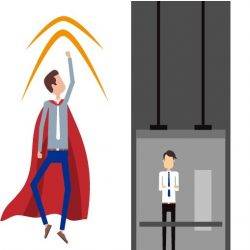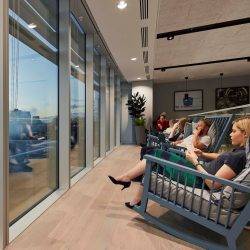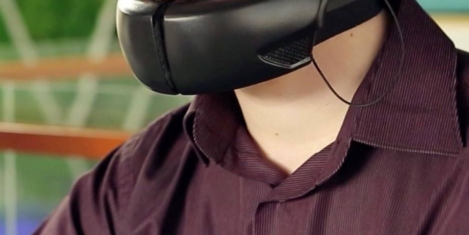January 18, 2017
Lost generation of Millennials stranded between eras of wealth and vocation, claims study 0
 The much talked about generation of Gen Y Millennials are stranded between the more fortunate era of Gen X wealth and the coming era of vocation focussed Gen Z. That is the key finding of a new survey from recruitment agency Randstad which claims that the members of Gen Y are not just burdened with student debt and struggling to get on the property ladder, but are now under threat from an arguably more vocational and commercially-minded Generation Z. The survey of 4,000 respondents claims that nearly four in ten (38 percent) Gen Y Millennials feel their education has left them unprepared for the modern world of work. But just under a third (32 percent) of respondents from Generation Z — the ‘digital natives’ born from 1996 onwards — feel the same way. The survey also revealed that the very youngest professionals from Generation Z are displaying higher leadership ambitions, with 84 percent saying they are shooting to be top dog in the workplace. This compares to 79 percent of Millennials.
The much talked about generation of Gen Y Millennials are stranded between the more fortunate era of Gen X wealth and the coming era of vocation focussed Gen Z. That is the key finding of a new survey from recruitment agency Randstad which claims that the members of Gen Y are not just burdened with student debt and struggling to get on the property ladder, but are now under threat from an arguably more vocational and commercially-minded Generation Z. The survey of 4,000 respondents claims that nearly four in ten (38 percent) Gen Y Millennials feel their education has left them unprepared for the modern world of work. But just under a third (32 percent) of respondents from Generation Z — the ‘digital natives’ born from 1996 onwards — feel the same way. The survey also revealed that the very youngest professionals from Generation Z are displaying higher leadership ambitions, with 84 percent saying they are shooting to be top dog in the workplace. This compares to 79 percent of Millennials.



































